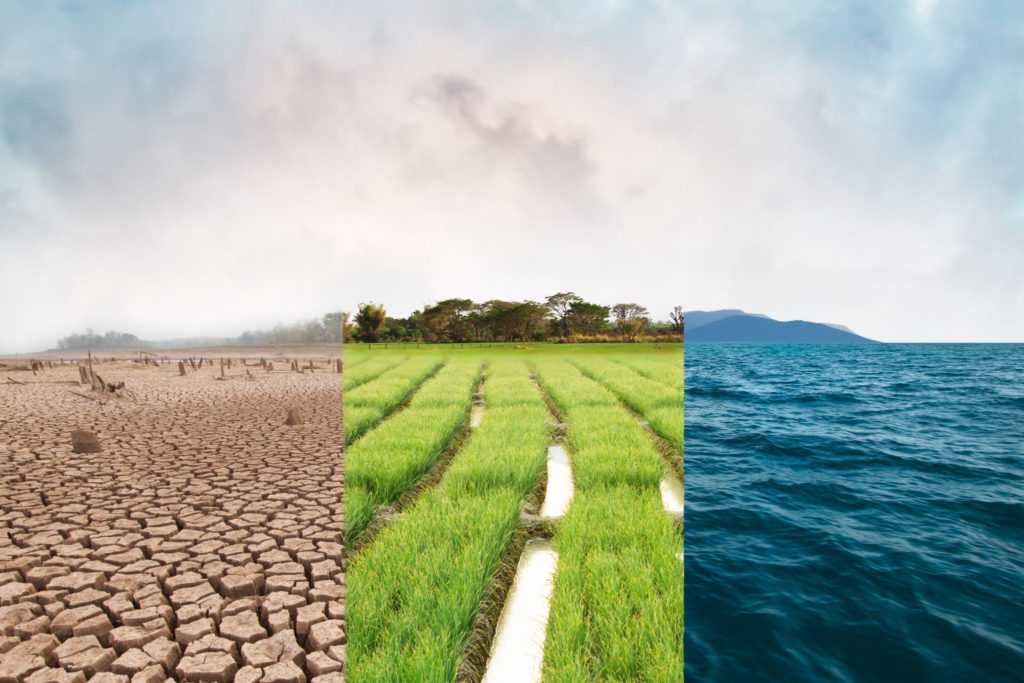The COVID-19 pandemic has changed how we live, interact, and work. It has drastically altered almost all aspects of society, including health care, the economy, and politics. It is not the greatest threat we face, however. The International Federation of Red Cross and Red Crescent Societies released its 2020 World Disasters Report this month. The document notes that while COVID-19 has been a catastrophe, climate change represents a much larger threat.
“The COVID-19 pandemic has shown how vulnerable the world is to a truly global catastrophe. But another, bigger, catastrophe has been building for many decades, and humanity is still lagging far behind in efforts to address it, as communities and countries still need to adapt to its realities,” the report reads.
“The impacts of global warming are already killing people and devastating lives and livelihoods every year, and they will only get worse without immediate and determined action.”
The report continues to state that extreme weather and climate-related events have led to the deaths of more than 410,000 people globally in the last decade. Heatwaves have been the most deadly, with storms the second leading cause reported.
IFRC Secretary-General Jagan Chapagain spoke at a virtual news conference upon the report’s publication.
“It’s a very, very serious crisis the world is facing currently,” Chapagain said before nothing that “climate change will have a more significant medium and long-term impact on the human life and on Earth.”
The Red Cross is recommending that climate change mitigation and adaptation funding be worked into COVID-19 stimulus packages. They are also calling on governments to develop infrastructure that can withstand increasingly strong natural disasters and rising sea levels.
“The massive stimulus packages that are being developed around the world in response to COVID-19 are an opportunity to build back better – not only with a green recovery but an adaptive one, using funds to invest in making communities safer and more resilient,” the report continues.
Article Credit: onegreenplanet.org
